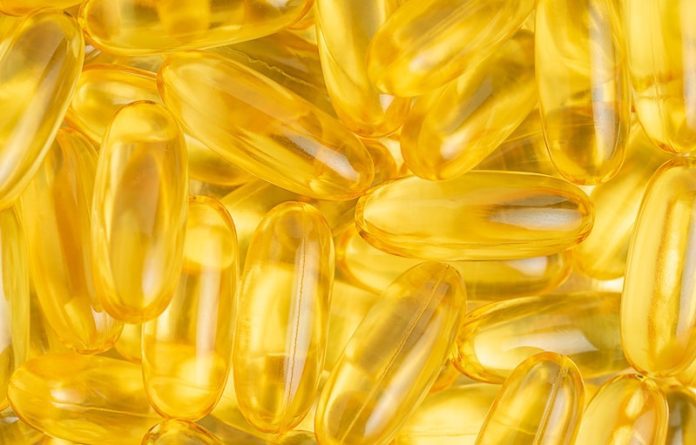
Scientists from Unitat de Nutrició Humana and elsewhere found that a higher dietary intake of vitamin D was strongly linked to a reduced colon cancer risk in people at high heart disease risk.
Colon cancer, also known as colorectal cancer, is a type of cancer that starts in the colon or rectum, which are parts of the large intestine.
The large intestine is responsible for absorbing water and electrolytes from food, as well as storing and eliminating waste.
Colon cancer usually starts as small, noncancerous clumps of cells called polyps on the inner lining of the colon or rectum.
Over time, some of these polyps can become cancerous and spread to other parts of the body if left untreated.
Symptoms of colon cancer can include changes in bowel habits, such as diarrhea or constipation, blood in the stool, abdominal pain or discomfort, and unexplained weight loss.
Vitamin D is an essential nutrient that is important for many functions in the body.
One of the main benefits of vitamin D is that it helps the body absorb calcium, which is necessary for building and maintaining strong bones.
Vitamin D also plays a role in immune function, muscle function, and cell growth and division.
Research suggests that vitamin D may also have other health benefits, such as reducing the risk of certain diseases.
For example, studies have found that higher vitamin D levels are linked to a lower risk of developing osteoporosis, type 2 diabetes, and some types of cancer, including colon cancer.
In addition, vitamin D may help improve mood and cognitive function. Low vitamin D levels have been linked to an increased risk of depression and cognitive decline in older adults.
The purpose of this study was to see if eating foods that are high in vitamin D can help reduce the risk of getting colon cancer in older adults who are at high risk for heart disease.
The study included 7,216 men and women aged 55-80 years who did not have colon cancer at the beginning of the study.
The researchers used a questionnaire to ask people about their eating habits, specifically how much vitamin D they were getting in their diets.
They then followed up with these people for six years to see if anyone developed colon cancer.
During the study, 97 people developed colon cancer. The researchers looked at how much vitamin D people were getting in their diets and compared it to their risk of getting colon cancer.
They found that people who ate more foods that were high in vitamin D had a lower risk of getting colon cancer. This was especially true for people who were not taking any vitamin D supplements.
In other words, eating foods that are high in vitamin D may help reduce the risk of getting colon cancer.
However, the researchers want to do more studies to make sure that this is really true and to find out how vitamin D might be working to protect against colon cancer.
Overall, this study suggests that it’s important to eat a healthy diet that includes foods that are high in vitamin D to help reduce the risk of getting colon cancer.
It’s important to note that while vitamin D can be obtained through diet and sun exposure, many people may not get enough vitamin D from these sources alone.
Therefore, vitamin D supplements are often recommended for those who have low levels of vitamin D or who are at risk for deficiency.
However, it’s always important to consult with a healthcare professional before starting any new supplement regimen.
Screening for colon cancer is recommended for individuals over the age of 50, or earlier for those with a family history of colon cancer or other risk factors.
Treatment options for colon cancer include surgery, chemotherapy, radiation therapy, and targeted therapy, depending on the stage and location of cancer.
The research was published in the European Journal of Nutrition and was conducted by Pablo Hernández-Alonso et al.
Copyright © 2023 Scientific Diet. All rights reserved.





